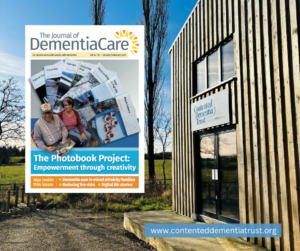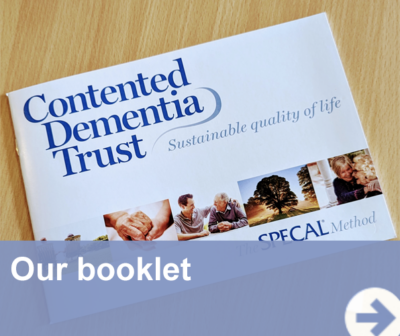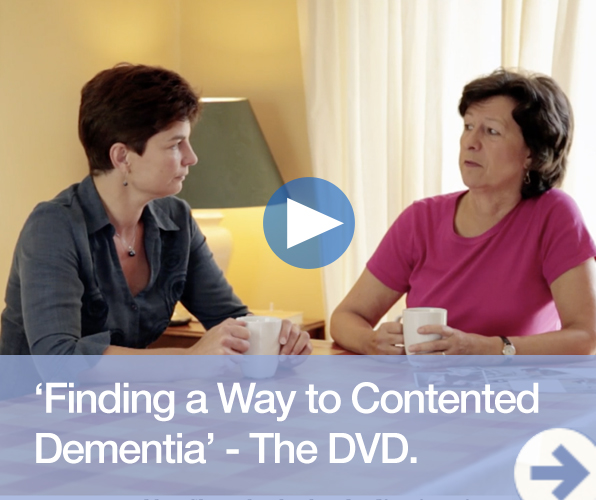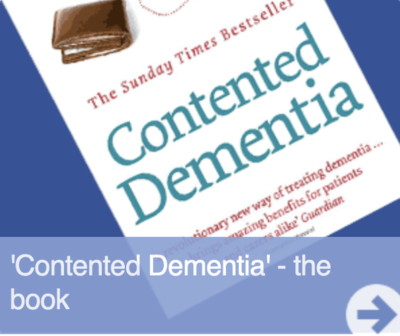We are delighted that the SPECAL method is featured in the January/February edition of The Journal of Dementia Care. In the report, Contented Dementia Trust Trustee, Zoe Elkins and Di Trinder, CEO of Age UK Notts, describe an independent evaluation of a change in approach for Age UK Notts’ Sybil Levin day centre service. 
The study found that a small investment in SPECAL Practitioner training led to significantly greater contentment and raised self-esteem for service users, and less stress and anxiety for their families.
In 2018, the Board of Trustees tasked Age UK Notts’ dementia lead with reviewing existing dementia service provision and theoretical perspectives and presenting their findings to the Board of Trustees.
The Board found an immediate resonance with the SPECAL method and Age UK Notts’ values. Approval was given; a new dementia strategy was developed identifying the SPECAL method as the preferred model for the delivery of a specialist dementia day service.
So, in 2018, Age UK Notts started to train staff in the SPECAL method in order to transform the previously mainstream Sybil Levin day service into a SPECAL- informed specialist dementia service.
Bath & Main Associates were then commissioned to study the impact of the SPECAL approach covering a period of approximately nine months in 2022.
Family carers commented on loved ones being less anxious and more relaxed after attending the day service, compared to before the centre opened and/or when attending other mainstream day centres.
“The difference is huge. Mood is better, loved one always on my mind in the past. The anguish mum was in was exhausting and (the) change is huge.”
The following fascinating observation was made by the authors of the Bath & Maine study:
‘It also provides great satisfaction to the staff and volunteers, who can see the SPECAL method is working and making a difference to the lives of the users.
One user who attended the previous conventional day centre (pre-Covid) was known by some of the staff. He displayed signs of anxiety when there and was constantly tapping his foot. He rarely engaged in any activities.
Two years later, he now attends the SPECAL-informed day centre, the same physical space, but with a different approach. There have been no signs of tapping. He listens to conversations around him and smiles to himself when he hears something that amuses him. When asked by a fellow user over lunch “where did you go to school?”, he stated where and the fact he has a degree. This information about him is now mentioned by the staff within his hearing, to boost his well-being.’
The full article can be read in the Jan/Feb edition of The Journal of Dementia Care: https://journalofdementiacare.co.uk/issue/january-february-2024



